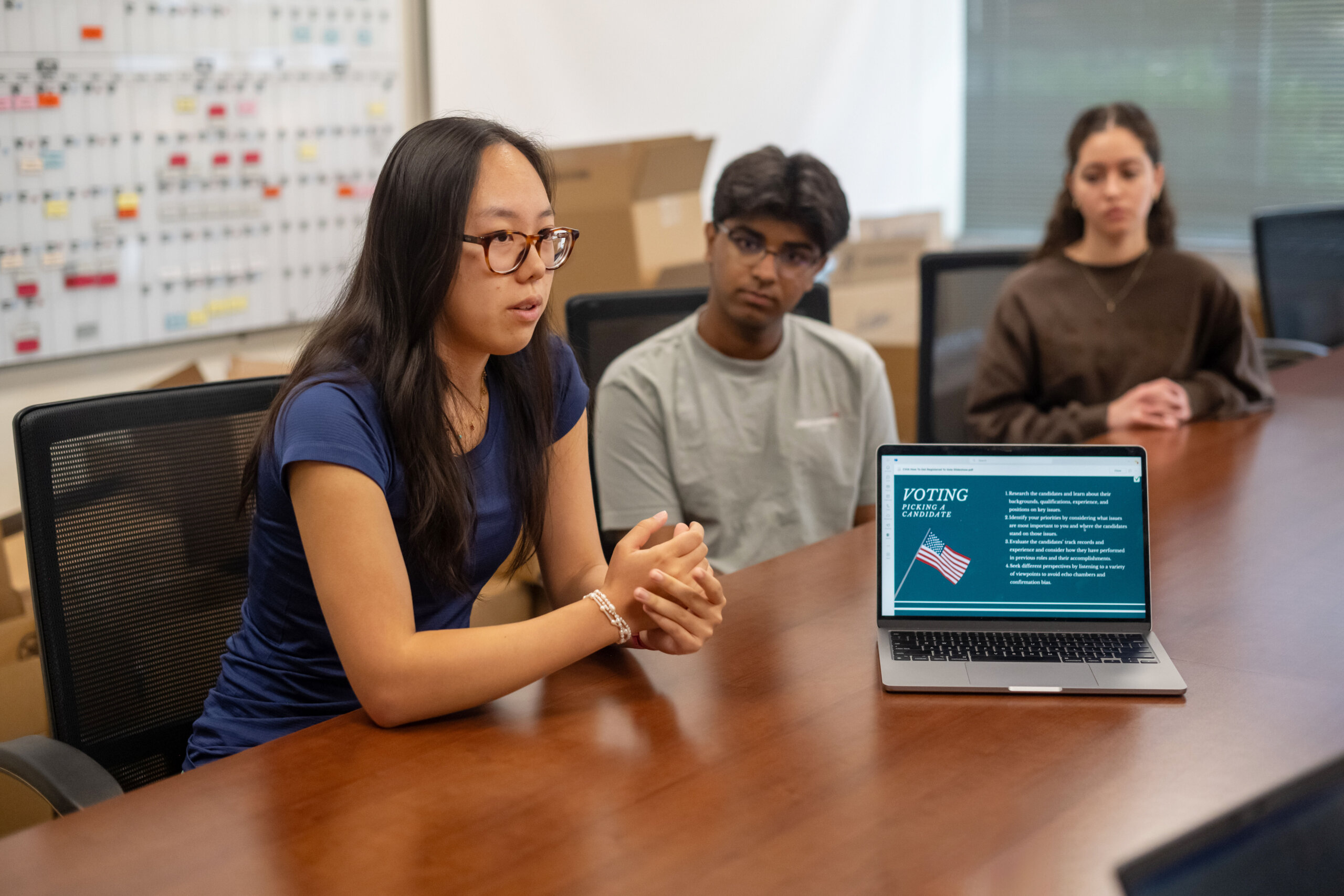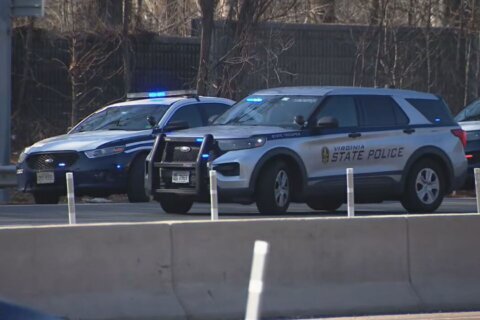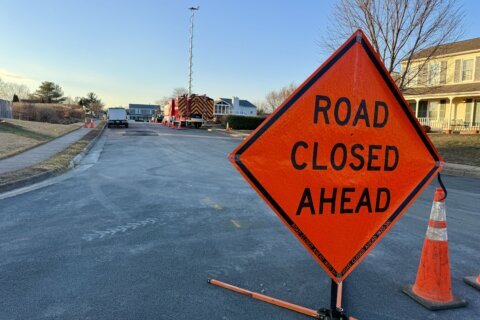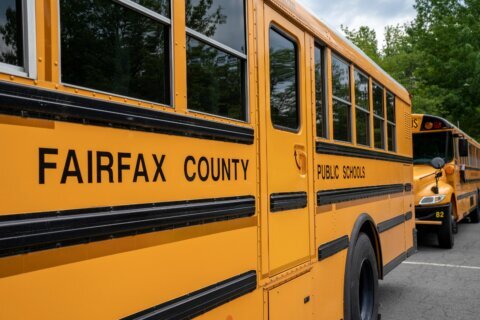Visit WTOP’s Election 2024 page for our comprehensive coverage.
Hoping to boost voter registration among their peers, a group of Marshall High School students launched a registration drive at the Northern Virginia school in September 2023.
It was a unique setup in a school classroom, with a few nonpartisan organizations providing funding. The group brought doughnuts, and had what it described as a great turnout. At least 150 people were registered to vote, senior Vedansh Garg said.
That drive, now run over a year ago, sparked months of subsequent advocacy. The same group of about 10 students has spent months lobbying Congress to pass the High School Voter Empowerment Act.
The legislation would require states to designate public high schools as voter registration agencies and tell schools to have voter registration drives for their students. It would also task the secretary of education with creating grants to reimburse schools for the costs associated with those drives.
“With young people, a lot of times, we care about a lot of issues, and the problem is we don’t see a lot of voter turnout among the youth, and that’s not because of voter apathy,” Garg said. “That’s because there’s a lot of red tape or a lot of steps to take in order to get to the polls and be able to vote.”
Inspired to help remove those barriers for other potential young voters, the students have spent months leaving the Falls Church campus and heading to Capitol Hill.
“We would go to school, and then we would go to the bathrooms and change into our business attire for D.C., and then we would head to the Senate office or House of Representatives offices,” said student Nia Gouvis.
They also used a Fairfax County Public Schools policy that allows students to miss class for a day for civic engagement.

Last November, the group had its first meeting in Vice President Kamala Harris’s office, “where we came together and we brought forward this issue to the federal government, and now this year after that, it seems like we’ve come a really long way,” senior Samad Quraishi said.
Quraishi reached out to Florida Rep. Frederica Wilson, who helped adjust some of the language in the proposed legislation. Then, the group started scheduling meetings with dozens of lawmakers.
Sometimes, they’d schedule 30 meetings in a week between the 10 of them. They reached out to 250 congressional offices, 30 of which “decided to hop onto the legislation and sponsor” it, Quraishi said.
While many staff members agreed with the ideas included in the proposed legislation, the students had some meetings during which, “I was just completely shut down, but it’s a matter of just coming back from that and learning from that experience, or learning what you could do better from that meeting, or how you should pitch it,” Gouvis said.
“We’ve seen that the younger generations are voting when it matters, or when they think that they need to make a difference, but they’re also taking a step back when they’re like, ‘Well, I don’t think I know what I’m doing, or I don’t think it’ll make a difference,’” senior Apoorva Navale said.
Rep. Wilson and California Sen. Laphonza Butler introduced the legislation in Congress earlier this year, though it hasn’t been scheduled for a vote in either chamber.
The Marshall students, meanwhile, are focusing their advocacy on empowering students to register to vote. Virginians are eligible to register when they turn 16.
“Our main goal is to educate people on how each individual person can make a huge impact, because you can’t do it by any other way,” student Hanna Rohde said. “You can’t force people to vote. You can’t do it by any other means, other than educating them on the specifics of what will happen if they vote.”
Get breaking news and daily headlines delivered to your email inbox by signing up here.
© 2024 WTOP. All Rights Reserved. This website is not intended for users located within the European Economic Area.








